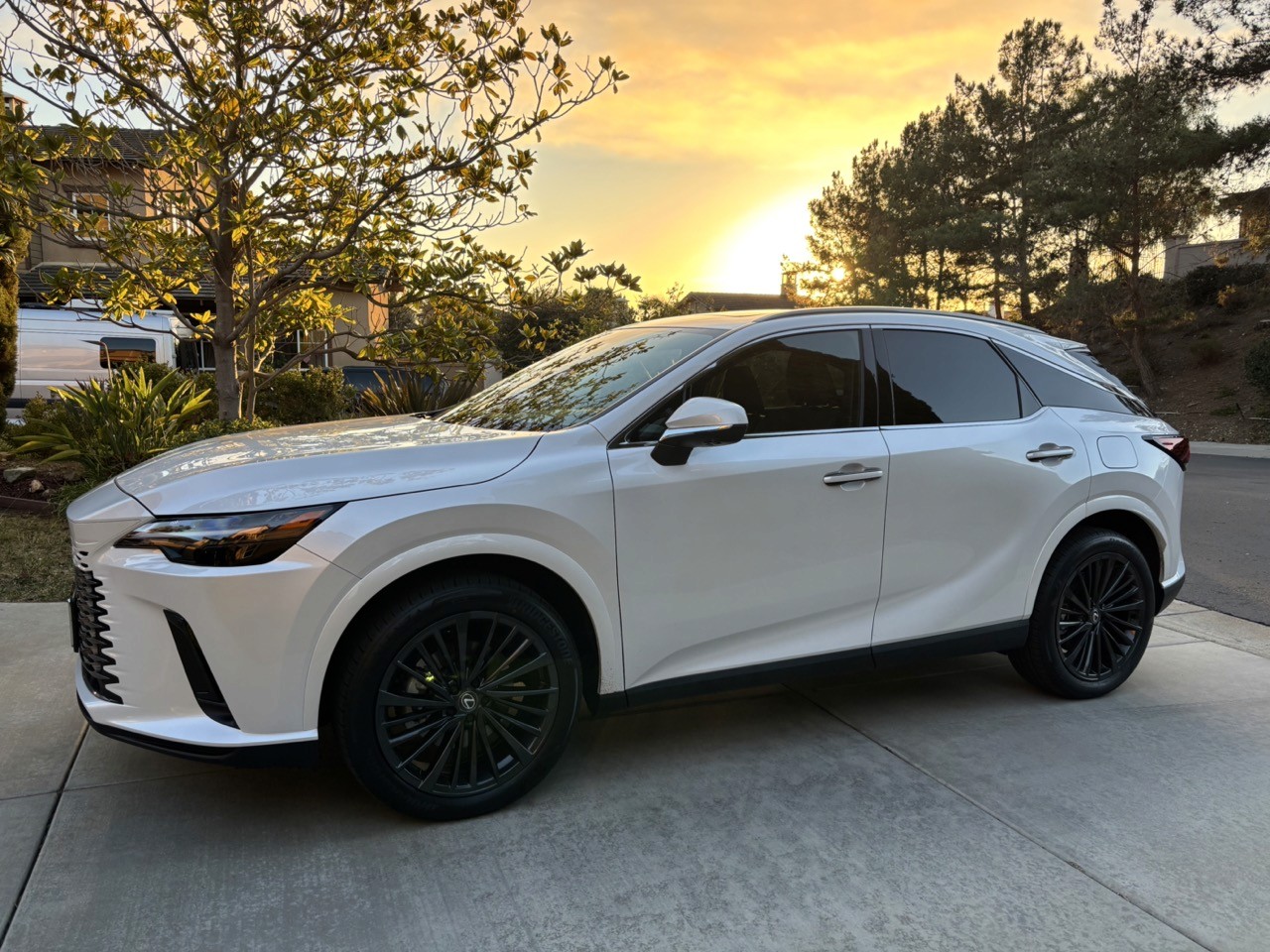The California Clean Vehicle Rebate Project: What You Need to Know
Written By
Lewis C. Smith
Published
Oct 17, 2023
Discover how the California Clean Vehicle Rebate Project (CVRP) can help you save on eco-friendly transportation in California.
Applicant Eligibility
Eligibility for the California Clean Vehicle Rebate Project CVRP is determined by various factors. As an applicant, you must:
Be based in California as an individual, business, nonprofit, or government entity at the time of the vehicle's purchase or lease.
Ensure your income meets the set eligibility requirements when your application is received.
File a CVRP application within 90 days of your vehicle's purchase or lease date and before the available rebate funds are exhausted.
The eligibility criteria are derived from the most recent CVRP Implementation Manual and the Terms and Conditions, both of which are updated multiple times annually. It's crucial to review these documents as changes might affect eligibility. Here is a link to frequently asked questions about the program as well.
Note: Sole proprietorships, DBAs, and trusts are not considered businesses for this program. They must apply as individuals.
For vehicles like Tesla, purchased without a typical lease or purchase agreement, the date of the first registration with the California DMV is deemed the purchase or lease date. Ensure you've taken vehicle delivery before application submission. Any premature application will be voided, requiring a fresh submission subject to the updated Terms and Conditions.
Income Eligibility and Gross Annual Income Definition
Since March 29, 2016, income eligibility has been a crucial determinant for individual applications. Eligibility is contingent on the latest CVRP Implementation Manual and the signed Terms and Conditions at the application time. With regular updates, an applicant's income computation and consequent eligibility might change.
For CVRP purposes, gross income envelops both taxable and non-taxable sources, including wages, unemployment, Social Security, veterans' payments, rents, royalties, pensions, child support, etc.
CVRP uses the most recent federal tax return or other approved income proofs to compute gross annual income. For 2021 or 2022 applications, specifics from IRS Form 1040 and Schedule 1 will be analyzed. In scenarios where tax transcripts don't seemingly mirror the gross annual income, more documentation might be solicited.
However, only some applicants undergo income verification. Don't forward your tax return unless specifically asked by a CVRP representative.

Income Caps and Rebates
CVRP rebates are not applicable to consumers surpassing the below gross annual income thresholds effective from February 24, 2022:
Single filers: $135,000
Head-of-household: $175,000
Joint filers: $200,000
Higher-income consumers purchasing BEVs or PHEVs that are not rebate-qualified should note that this doesn't affect the Clean Air Decal eligibility. Conversely, high-income consumers acquiring FCEVs (currently exempt from the above caps) won't get a rebate if they've already received a Clean Air Decal and vice-versa.
The CVRP Rebate and California's Clean Air Program have distinct administrators. Always check the CVRP website for the latest details.
Increased Rebates for Low- and Moderate-Income Consumers
Consumers with household incomes up to 400% of the federal poverty level qualify for augmented rebates. This boost applies to fuel cell electric vehicles, battery electric vehicles, and plug-in hybrid electric vehicles.
For CVRP, a household comprises all residing family members or unrelated individuals. All household members aged 18 and above undergo income verification. Roommates without a separate lease are deemed part of the applicant's household.
As of July 12, 2023, the augmented rebate income limits are rooted in 400% of the 2023 Federal Poverty Level. For instance, a 3-member family with an income below $99,440 would be eligible for the heightened rebate.
Rebate and Vehicle Eligibility Limits
From December 3, 2019, individual and business applicants can't receive more than one CVRP rebate for direct purchase or lease. However, those who've already utilized two rebates before this date are ineligible for further rebates. Yet, there’s an exception for fuel cell vehicles, which allows for one additional rebate.
For fleet owners, there are different rebate ceilings. Traditional rental and car share fleets can claim up to 20 rebates annually, while public fleets are capped at 30 rebates.
Regarding vehicle eligibility, vehicles must:
Be new, per the California Vehicle Code.
Be registered in California, with an odometer reading below 7,500 miles.
Adhere to price constraints: Large vehicles (e.g., SUVs, pickups) should have a base MSRP of $60,000 or less, while cars (e.g., sedans, hatchbacks) should be $45,000 or less.
Always refer to the CVRP Eligible Vehicles list to check if your vehicle qualifies.
Funding and Application Tips
Even if funds aren't available when you apply, your application might be waitlisted. If more funding emerges, you might still receive your rebate. If funds are accessible when applying, the rebate sum is reserved, contingent on all requirements being met and proper documentation being provided.
For those considering buying a new vehicle, the CarOracle AutoBuying Program can be a valuable resource, guiding you through the car-buying process. Furthermore, to ascertain rebate eligibility, utilize this handy calculator.
The journey to sustainable transport is multifaceted, and while the road might seem intricate, tools and incentives like the CVRP are helping drive California to a greener future.















